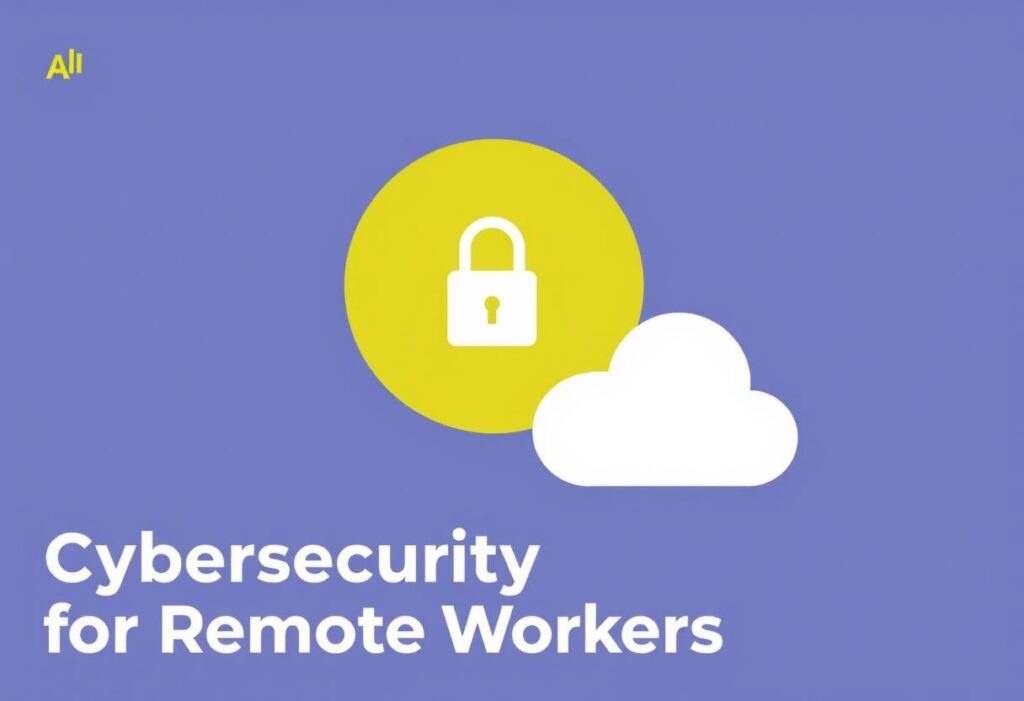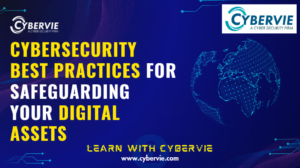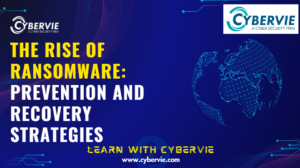The rise of remote work has transformed the workplace, but it has also introduced new cybersecurity challenges. Remote workers are often more vulnerable to cyberattacks due to the lack of centralized IT support and potential security gaps in home networks. This blog will provide essential tips for remote workers to safeguard their devices, networks, and sensitive data.

Unique Challenges Faced by Remote Workers
- Isolation: Remote workers may lack access to in-person IT support, making troubleshooting and incident response more difficult.
- Home Network Security: Home networks are often less secure than corporate networks, increasing the risk of unauthorized access.
- Device Management: Managing multiple devices (personal and work) can be challenging, especially when it comes to security updates and patches.
- Data Protection: Safeguarding sensitive company data while working from home requires extra precautions.
Securing Home Networks and Devices
- Strong Passwords: Create complex, unique passwords for all devices and accounts.
- Software Updates: Keep operating systems, applications, and firmware up-to-date with the latest security patches.
- Firewall: Enable a strong firewall on your router and devices.
- Secure Wi-Fi: Use a strong password for your Wi-Fi network and consider disabling guest access.
- Device Security: Protect devices with antivirus software, malware protection, and screen locks.
The Importance of VPNs and Other Remote Access Tools
- VPN Basics: Explain how a VPN encrypts internet traffic, protecting data from interception.
- Choosing a VPN: Provide tips on selecting a reputable VPN service with strong security features.
- Remote Access Tools: Discuss the role of secure remote access tools for accessing company resources.
- Best Practices: Offer guidance on using VPNs and remote access tools effectively.
Additional Tips
- Cybersecurity Awareness Training: Emphasize the importance of employee training on recognizing phishing attempts, social engineering, and other cyber threats.
- Data Backup: Regularly back up important files to an external hard drive or cloud storage.
- Multi-Factor Authentication (MFA): Enable MFA whenever possible for an extra layer of security.
- Device Management: Implement mobile device management (MDM) solutions if provided by your employer.
Conclusion
By following these best practices, remote workers can significantly reduce the risk of cyberattacks and protect their employer’s sensitive information. Remember, cybersecurity is an ongoing process, so staying informed about the latest threats is essential.
Join our future proof Cyber security training & internship program.







